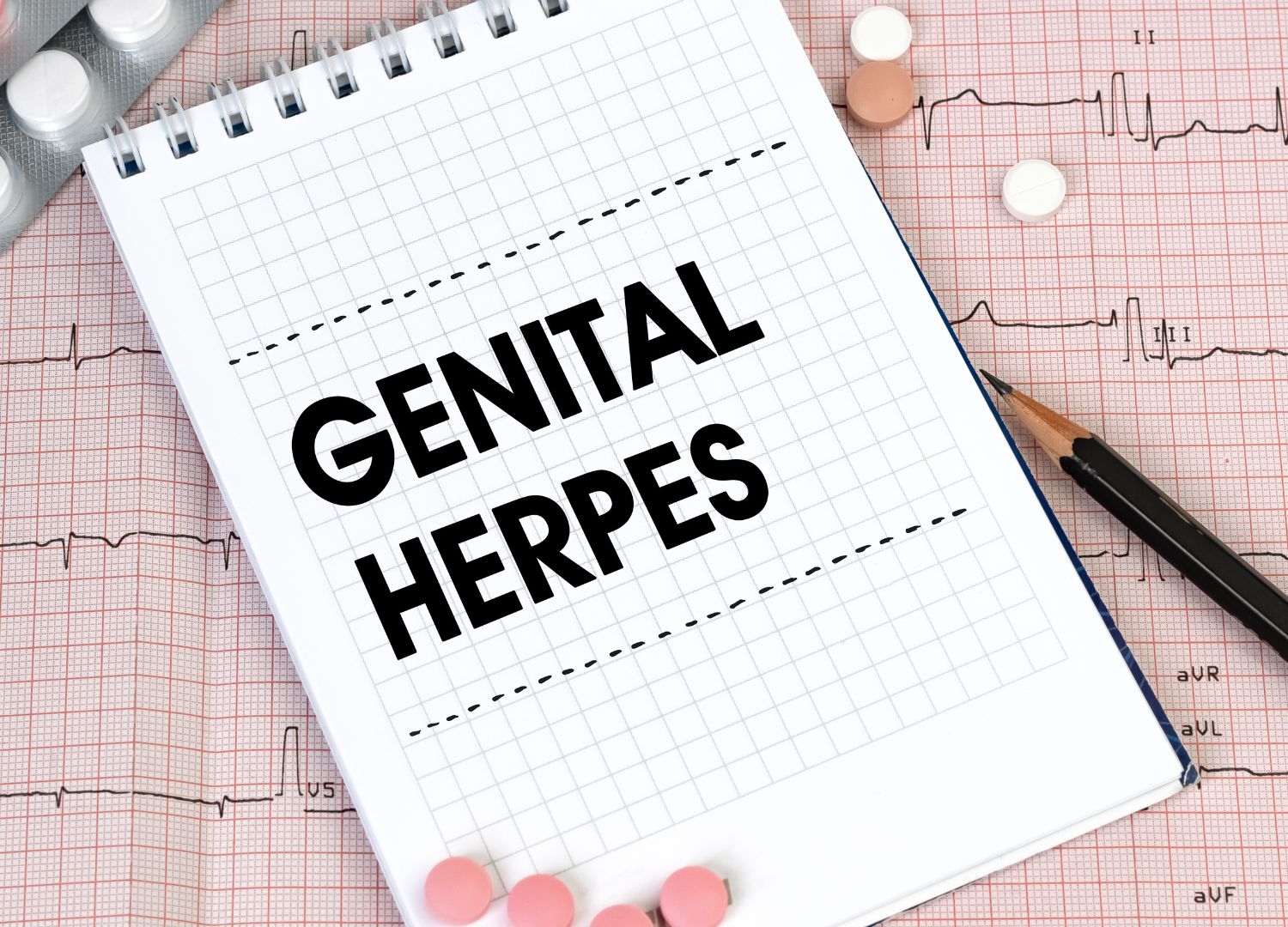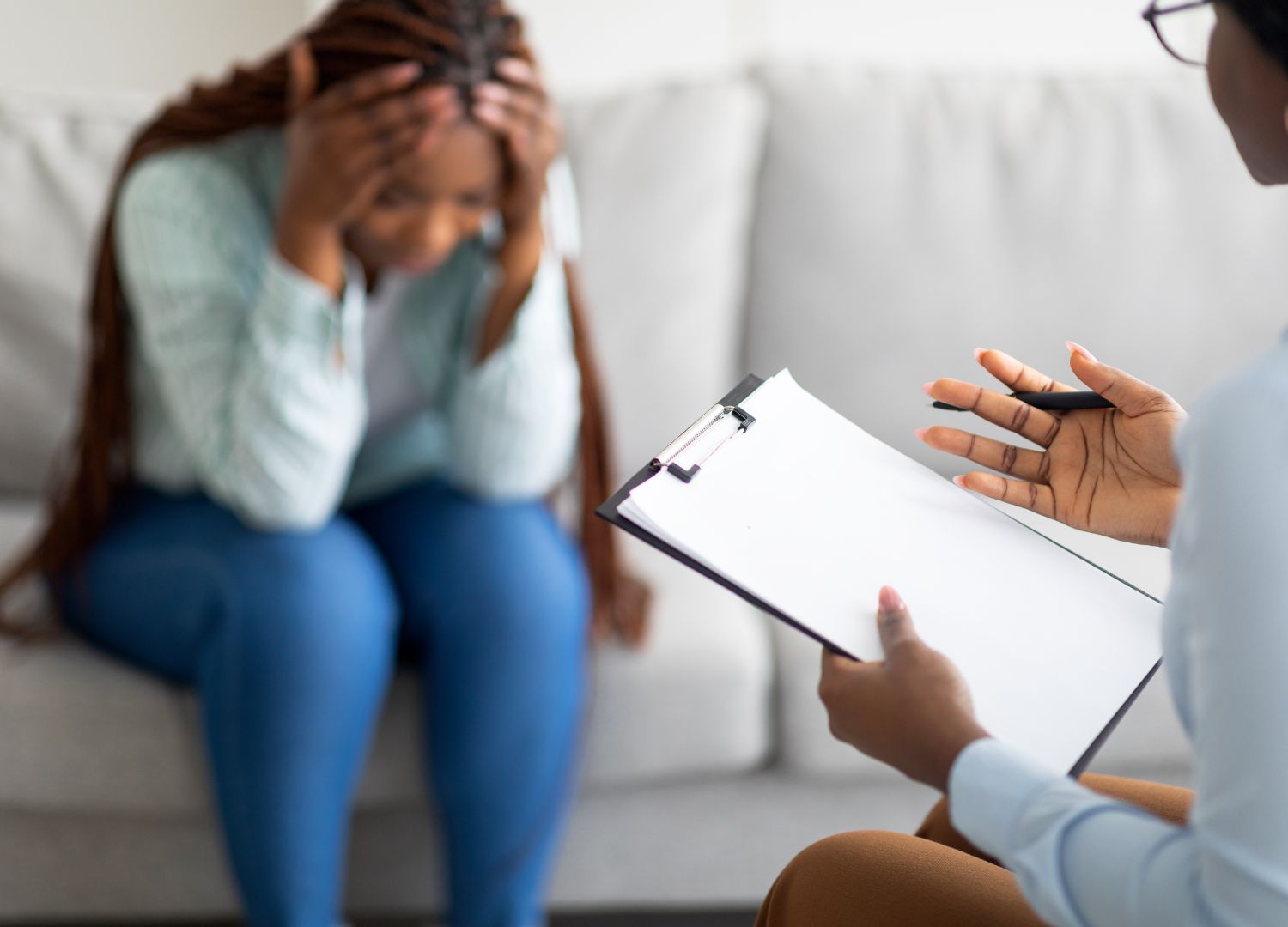
Substance /medication-induced psychosis na form of psychosis wen dey start from the effects of substance or from withdrawal wen person stop to use the substance.
Psychosis na collection of symptoms wen dey affect how person take dey think, feel, behave and see the world around them. The major symptoms of psychosis na hallucinations (hearing, seeing, touching, or tasting things wen oda people nor fit ), delusions (irrational false beliefs), disorganized thoughts, agitation/lethargy, difficulty to remember information, and lack of awareness of person environment.
Substance /medication-induced psychosis na brief disorder wen dey cause hallucinations and/or delusions, disorientation, and memory problems.
Substance- or medication-induced psychotic disorder dey also known as alcohol-use psychosis, toxic psychosis, or drug-induced psychosis.
Substances and medication wen fit cause psychosis includes:
● Amphetamines
● Alcohol (excessive, long-term use)
● Cannabis
● Club drugs such as ectasy and MDMA
● Hallucinogens
● Hypnotics
● Opioids
● Phencyclidine (PCP)
● Sedatives
How long e go last?
Substance-induced psychosis na temporary form of psychosis wen dey usually resolves once the drug
clear from the body.
The symptoms dey start quick and go disappear after days or weeks. Drugs phencyclidine (PCP) and cocaine fit last for weeks or months before e fade away.
People with disorders like schizophrenia fit experience longer symptoms. person wen experience psychotic episode cos of substance use get higher chance of say e go experience repeat episodes.
substance and alcohol use fit trigger long-term psychotic disorders for people wen don already dey at risk to develop dese disorders. Examples of the disorders na schizophrenia, schizophreniform disorders, and schizoaffective disorder.
Who dey at risk for substance-induced psychosis?
People wen dey misuse drugs and alcohol get highest risk for substance-induced psychosis. But other factors fit increase person chances of experiencing this form of psychosis.
Some of them na:
● Polydrug use (to dey use multiple drugs together)
● Personal history of psychiatric disorders like schizophrenia
● Family history of schizophrenia, other psychotic disorders, or mood disorders
● Genetic mutation or variations wen go increase person vulnerability to psychotic symptoms.
How e dey treated or managed?
Dem fit handle Substance /medication-induced psychosis with several ways depending on how e strong reach , the type of substance wen dey used, the cause (drug effect or withdrawal), and the presence of underlying disorders.
To monitor the person for safe environment until the symptoms pass dey enough for many cases. But medication, hospitalization, psychotherapy, and medically-supervised detox fit dey required for some situations.
Conclusion
Substance /medication-induced psychosis na form of psychosis wen dey start from the effects of psychoactive substances and alcohol or during the process of withdrawal from drugs and alcohol.
The symptoms dey quick start but dey also fade away after few days to weeks. But, alcohol and substance fit also trigger the start of psychotic disorders like schizophrenia. If person around you suddenly start to exhibit psychotic symptoms, carry them go the nearest emergency room or mental health facility for appropriate help.












